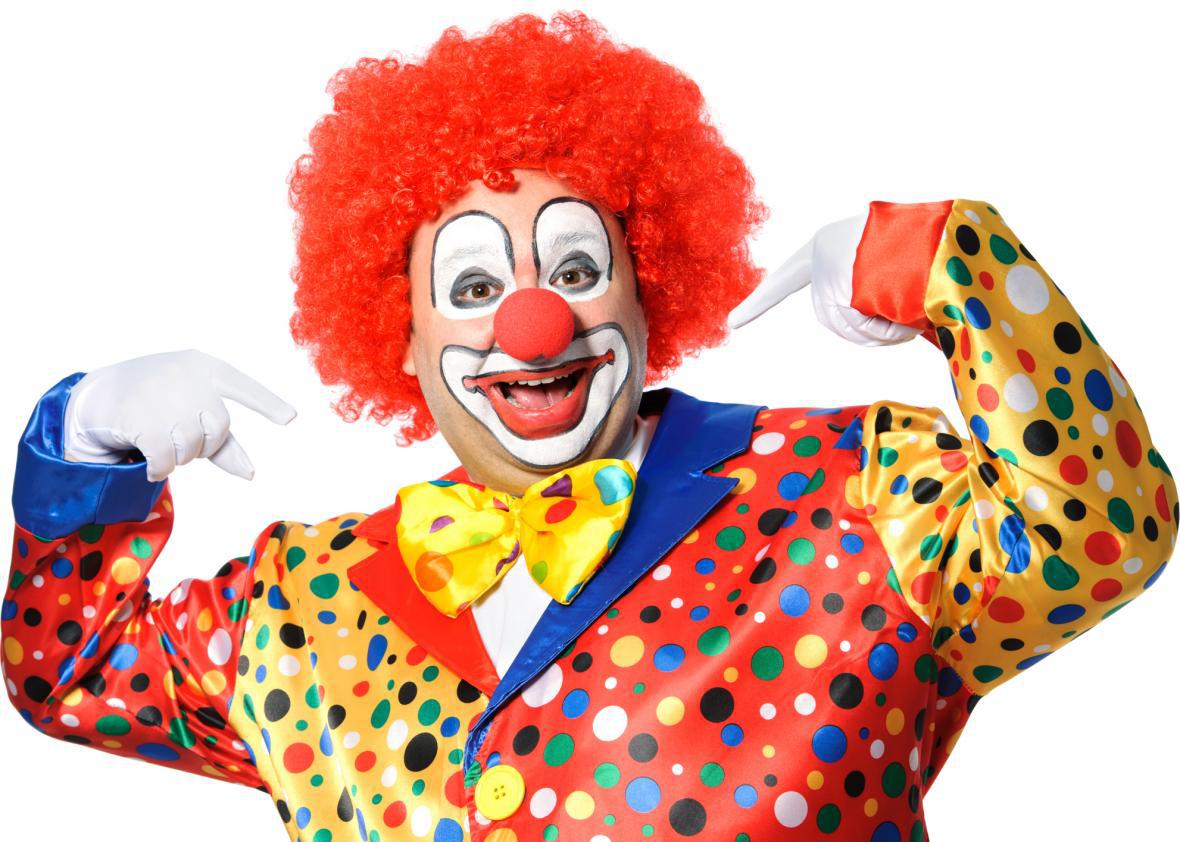Creepiness, the quality ascribed to creeps, has long been demarcated by the same ambiguous parameters as hardcore porn: We know it when we see it. More benign than threatening, but more sinister than weird, creepy is a state of being that’s easy to identify but hard to pin down.
In a new paper published in New Ideas in Psychology, two researchers from Knox College try to outline a more explicit definition with the results of the first-ever empirical study of creepiness. They concluded that a person’s “creepiness detector” pings when she encounters something unpredictable or outside the norm, like a person with idiosyncratic behavioral patterns, unusual physical characteristics, or a tendency to over- or under-emote. When someone looks or behaves in a way that appears unstable or violates social norms, we feel uneasy—we think there’s a chance they may pose a danger to us, but we can’t know for sure.
Researchers Sara Koehnke and Francis McAndrew got their data from an international online survey of 1,341 people with an average age of 29. Participants rated the likelihood of a creepy person enacting 44 different behaviors and rated the creepiness of several careers and hobbies. The top-ranked behaviors will come as no surprise: People were creeped out by those who repeatedly licked their lips; laughed at inappropriate moments; and habitually steered their conversations toward a single subject, particularly sex.
These creepiest mannerisms happen to align perfectly with a random sampling of Republicans who’ve run for president this year. Imagine the creepiness of a chronically dry-mouthed Marco Rubio, the unnerving flat-lipped tic of booger-eater Ted Cruz, and the compulsive sexual remarks of one Donald Trump. (Then again, “long fingers” ranked highly among creepy physical attributes, and no one would accuse Trump’s appendages of being creepily long.)

Sean Rayford/Getty Images
But many of the attributes survey participants rated the creepiest—greasy hair, pale skin, “peculiar smile,” bags under the eyes, unkempt hair, dirty clothing, “bulging eyes”—seem indicative of a deeper prejudice against people with poor hygiene or conventionally unattractive features. Others reflect the subjective life experiences of the creeped-upon. About three-quarters of the survey participants were women, who were far more likely to identify creepiness with a sexual overtone. Unwanted sexual advances, abrupt requests for photos, and violations of personal space all ranked highly in the creepiness survey. They’re also more often perpetrated against women than men. Both men and women agreed that a creepy person would probably be male.
The creepiest occupations, according the survey-takers, are clowns, taxidermists, sex-shop owners, and funeral directors. It makes sense that people who work closely with death would make others uneasy, and clowns are uniformly unsettling. Maybe I’ve visited one too many feminist, queer-owned sex shop, but the idea of sex-shop owners—who I read as the most concerned with consent and boundaries—as creeps did not ring true for me. The least creepy profession, meteorologist, surprised me, too. The ones who wear dresses all wear the same dress, and their body parts disappear if they wear green! Creepy!
Koehnke and McAndrew’s survey confirmed their theory that creepy people make us uncomfortable because we can’t predict how they’ll act or what they’ll say and do. Creepy has also become the go-to descriptor for novel technologies that can predict what we’ll say or do. The word seems to fit best on people and things that violate an agreed-upon social or physical boundary. But don’t bother trying to run creep diagnostics on your own behavior: Most survey-takers said creepy people don’t even know they’re creeps.
